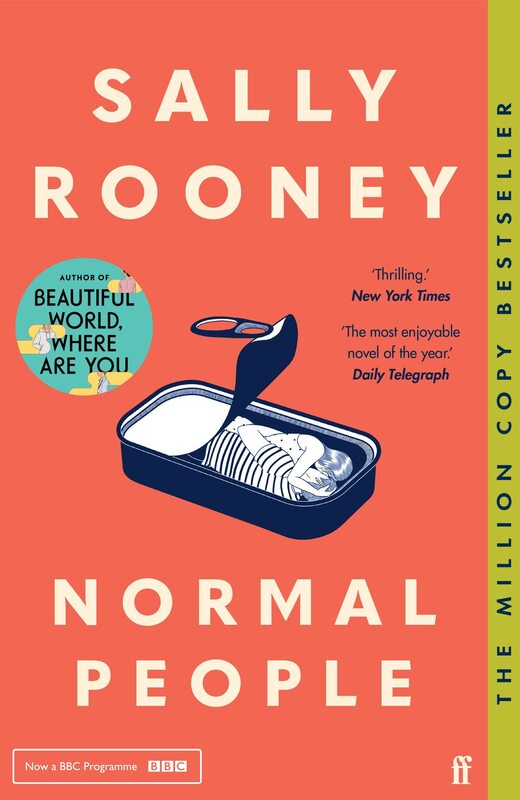The trick that Rooney pulls off is writing a novel that’s accessible and easy to read without compromising on nuance and complexity. Connell and Marianne’s relationship is wholly believable, existing in that grey area between just sleeping together and officially being partners. It’s difficult to know whether they’re good or bad for each other, with the truth – as in real life – lying somewhere in-between. This lack of certainty about their relationship, which goes deeper than a simple will-they-won’t-they, is where much of the novel’s tension comes from, watching it slowly grow and change with the characters.
Rooney’s style is spare and practically minimalist. To a certain kind of reader it might come off as plain, but I found that the straightforwardness suited the story being told. The way Rooney was able to convey emotional complexity in such simple language was impressive. It reminded me of Hemingway’s similar ‘less is more’ ethos, though obviously they’re very different writers.
James Joyce once said ‘In the particular is the universal’, and that philosophy is on display here. Rooney fills in the lives of Connell and Marianne with such detail – time, place, society – to bring out the universal nature of the story. The supporting characters are as memorable as the leads, and the period (2011 – 2015, in the middle of Ireland’s economic downturn) is evoked more with mood than specific detail, a certain ennui that seems to permeate the lives of its protagonists. Rooney too deftly sketches out the class differences between Connell and Marianne, with enough touches here and there to give the reader a sense of their situations without letting them overwhelm the narrative.
My favourite reading experiences are the ones that genuinely surprise me, and I was genuinely surprised at how much I liked this book. It was gripping, moving, and thought-provoking, a sensitive and authentic portrayal of love in the twenty-first century. It’s no wonder that Sally Rooney has become the literary phenomenon she has. On the evidence of Normal People, her popularity is well-deserved.
Review by Charlie Alcock

 RSS Feed
RSS Feed
